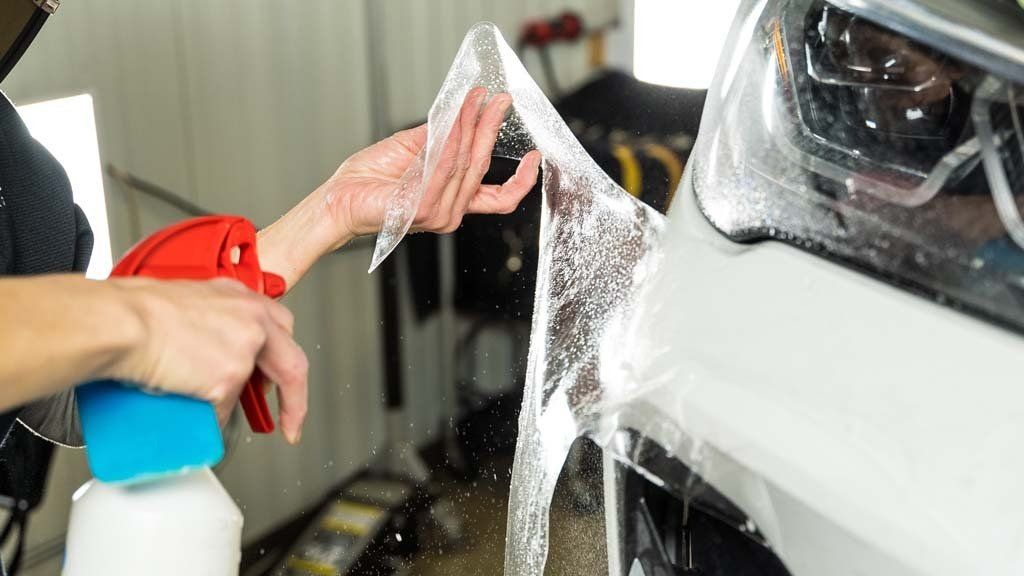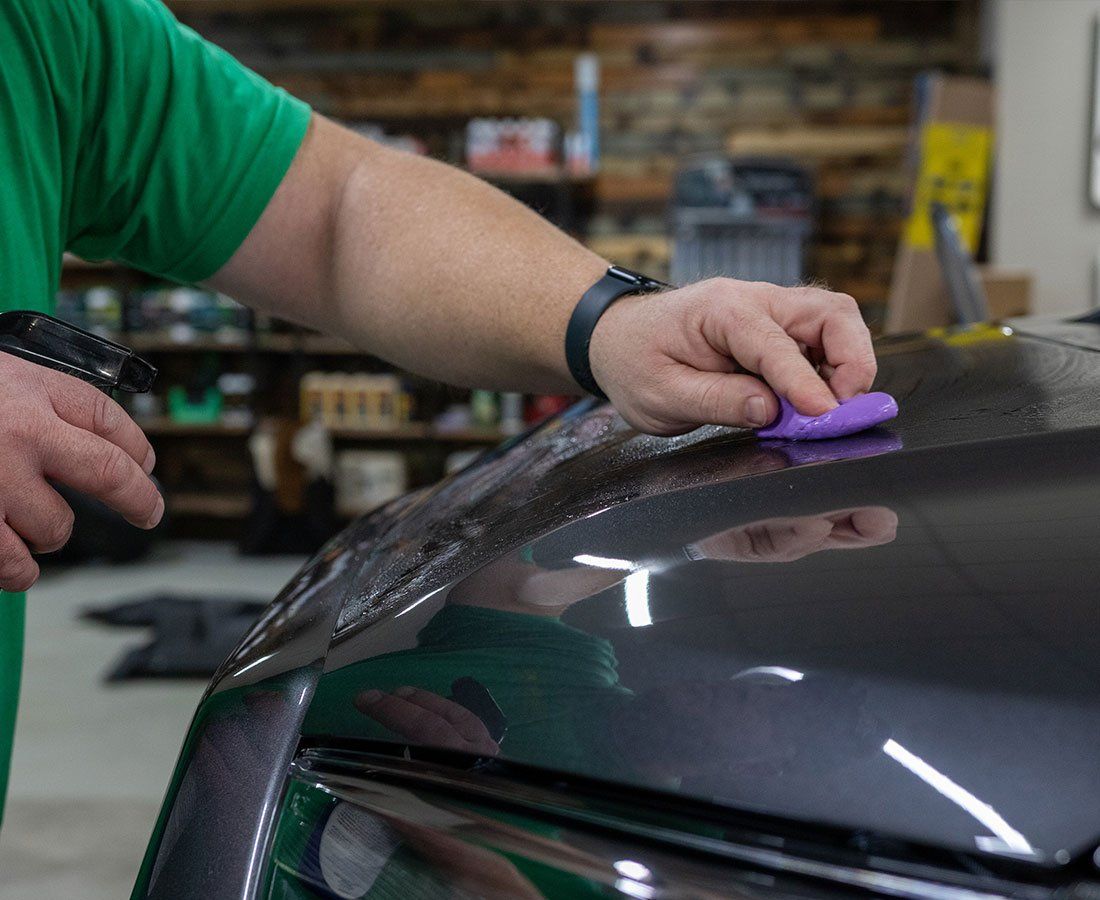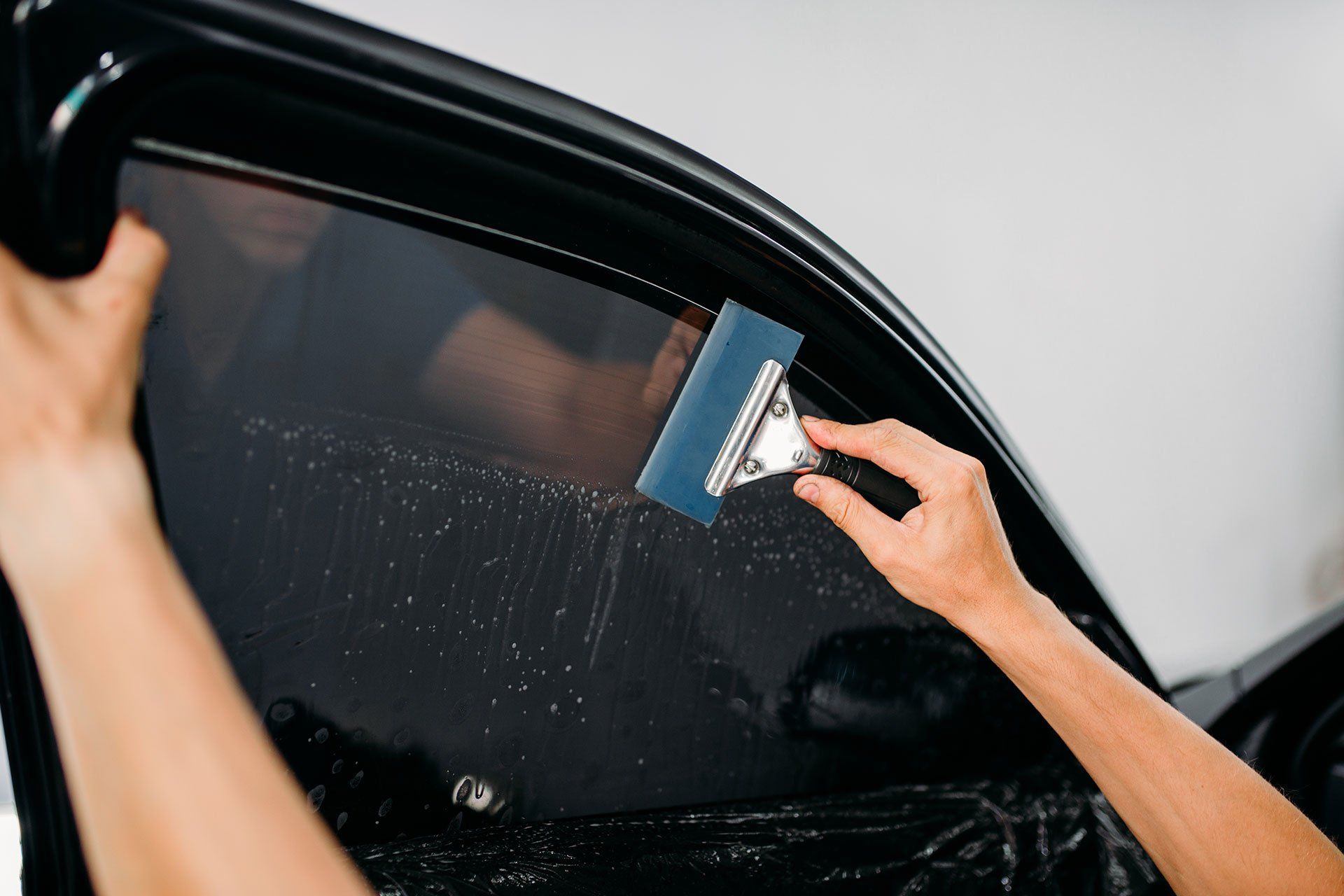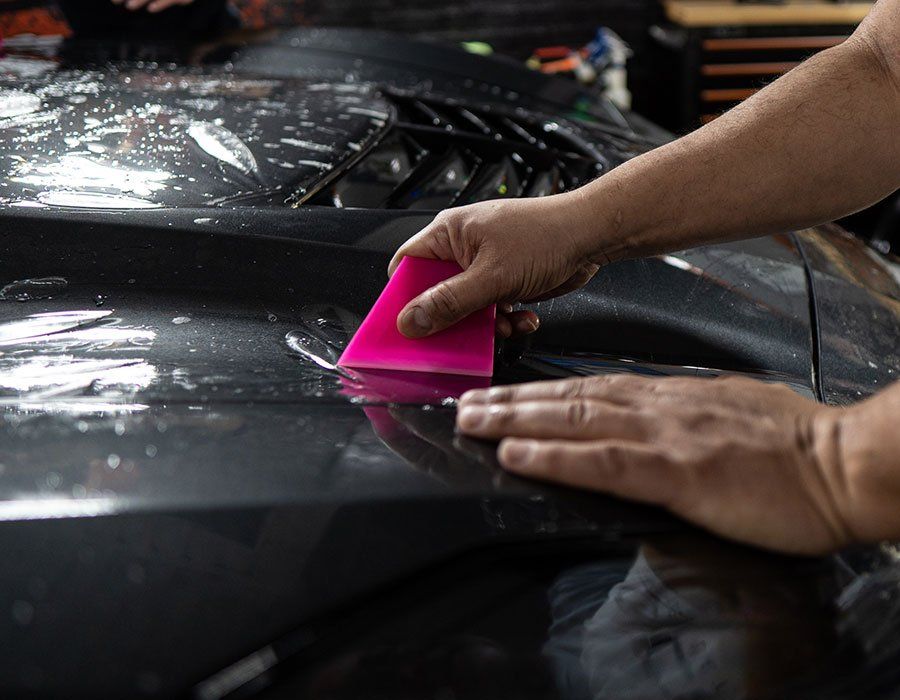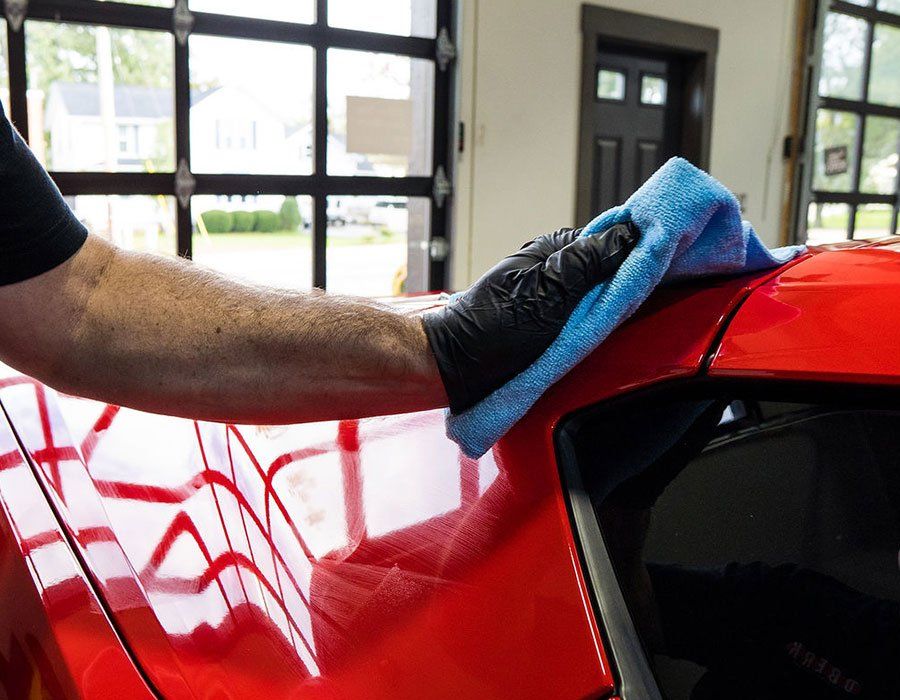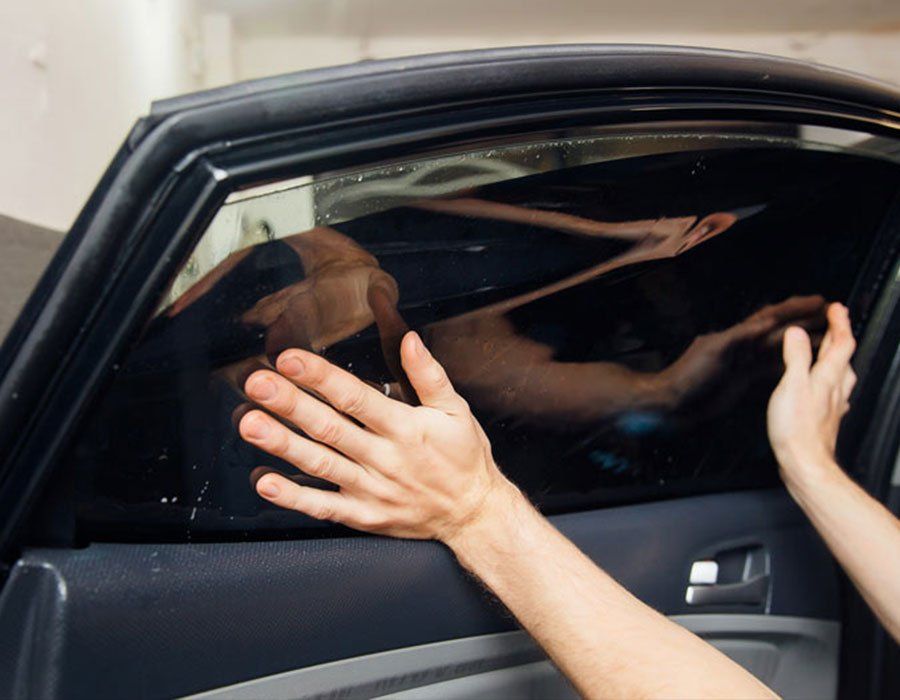Debunking the Myth: Does Window Tinting Affect Car Fuel Efficiency?
CALL (727) 940-2340
SCHEDULE NOWIn a world where every drop of fossil fuel counts, the question of whether window tinting affects car fuel efficiency captures our collective quest for eco-friendly alternatives. Let's set aside rumor and hearsay; it's time to reveal the truth behind this enduring debate with robust scientific evidence and expert opinions. As we delve deeper, you may be surprised by what we unravel about window tinting's effects on your vehicle's thirst for fuel—if any at all. So buckle up, as we are about to tackle this myth head-on in our pursuit of clarity!
Absolutely! Window tinting can indeed have a positive impact on fuel efficiency. By reducing the amount of heat that enters the car, tinted windows can help keep the interior cooler, resulting in less reliance on air conditioning and improved gas mileage.
Understanding Car Fuel Efficiency
Before delving into the impact of window tinting on car fuel efficiency, it is essential to have a solid understanding of what car fuel efficiency entails. In layman's terms, fuel efficiency refers to how much fuel a car needs to travel a certain distance. It is often measured in miles per gallon (MPG) or liters per 100 kilometers (L/100km), depending on the country's standard unit of measurement. A higher fuel efficiency means that the vehicle can travel a greater distance using less fuel, resulting in cost savings and reduced environmental impact. On the other hand, lower fuel efficiency indicates that more fuel is required to cover the same distance, leading to increased expenses and higher emissions.
Factors Affecting Fuel Efficiency
Several factors influence a car's fuel efficiency, ranging from external conditions to internal mechanisms within the vehicle itself. Let's consider some key elements that can either enhance or diminish a vehicle's fuel efficiency:
- Engine Efficiency: The design and technology of an engine greatly affect its ability to convert fuel into energy efficiently.
- Vehicle Weight: Heavier vehicles tend to consume more fuel compared to lighter ones due to increased power requirements.
- Driving Habits: Aggressive driving behaviors like rapid acceleration, excessive speeding, and sudden braking can significantly decrease fuel efficiency.
- Aerodynamics: The shape and design of a vehicle impact its resistance to air, with streamlined vehicles experiencing less drag and better fuel efficiency.
- Tire Pressure: Underinflated tires create more rolling resistance, leading to decreased fuel efficiency. Proper tire inflation ensures optimal performance.
- Maintenance: Regular maintenance, including oil changes, filter replacements, and tune-ups, is crucial for a car's optimal fuel efficiency.
- Traffic Congestion: Stop-and-go traffic or driving in congested areas can reduce fuel efficiency due to frequent acceleration and deceleration.
With an understanding of the factors influencing fuel economy established, we can now explore how window tinting comes into play and whether it affects a car's overall fuel efficiency.
The Role of Window Tinting
Window tinting serves multiple purposes beyond cosmetic enhancements, with one of its primary roles being to enhance the comfort and privacy of a vehicle. By applying a special film to the windows, it helps to reduce the amount of heat and UV radiation that enters the car's interior. This can be particularly beneficial in hot climates or during scorching summers.
Additionally, window tinting aids in protecting the interior of the vehicle from fading and damage caused by excessive exposure to sunlight. It also provides an added layer of security by making it harder for potential thieves to see inside the car. Hence, window tinting plays a crucial role in improving the overall driving experience while providing numerous practical benefits.
Impact on Heat Transfer and AC Usage
An important aspect to consider when evaluating the effect of window tinting on fuel efficiency is its impact on heat transfer and air conditioning (AC) usage. Tinted windows have the potential to reduce the amount of heat that enters the vehicle's interior, decreasing the need for excessive use of AC. By blocking between 40% and 75% of the heat that enters the car, tinted windows can help keep the cabin cooler, reducing reliance on air conditioning systems.
Imagine driving in scorching sunlight with untinted windows. The heat transfers into your car through unprotected windows, turning it into an unbearable sauna. In such circumstances, you would likely crank up the AC to cool down, resulting in increased fuel consumption due to heightened AC usage. However, it is important to note that while window tinting has been shown to reduce thermal gain and AC demand by cutting out a percentage of heat transmission, its actual effect on gas mileage varies. The reduction in fuel consumption and AC usage results in lower emissions of harmful gases and chemicals into the environment. This can be seen as a positive environmental impact of window tinting, contributing to a greener and more sustainable future.
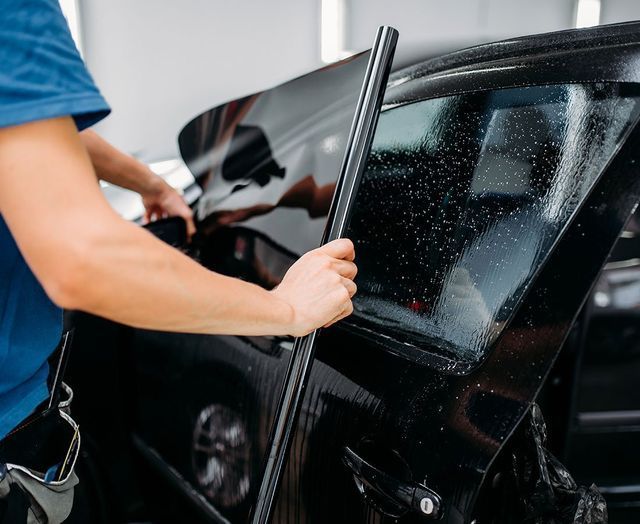
Evaluating Tinting's Effect on Gas Mileage
There has been a long-standing debate about whether window tinting affects a car's fuel efficiency. Does adding window tint to your vehicle really make a difference at the pump? Well, let's shed some light on this topic and evaluate the impact of window tinting on gas mileage.
When it comes to fuel efficiency, many factors come into play, from driving conditions and traffic patterns to maintenance and vehicle design. The addition of window tinting is often seen as a modification that can potentially contribute to fuel savings. One key way in which window tinting can affect gas mileage is by reducing the need for air conditioning in vehicles. Tinted windows block a significant portion of the sun's rays, reducing interior temperature and creating a more comfortable environment for passengers. As we know, air conditioning consumes fuel, especially during city driving and stop-and-go traffic.
However, it's important to note that the impact of window tint on fuel efficiency may vary depending on factors such as climate, driving habits, and the quality of the tinting material. Additionally, it is crucial to adhere to window tint laws that vary by jurisdiction.
Other Benefits of Window Tinting
Aside from fuel efficiency, window tinting offers a multitude of practical benefits that enhance both your driving experience and your overall well-being. Let's delve into some compelling reasons why window tinting has become a popular choice among vehicle owners.
1. UV Protection: One of the primary advantages of window tinting is its ability to block harmful ultraviolet (UV) rays. Prolonged exposure to UV rays can lead to skin aging, sunburn, and an increased risk of skin cancer. Quality window tints can block up to 99% of UV rays, providing an added layer of protection for you and your passengers.
2. Heat Reduction: During the scorching summer months, window tinting acts as a barrier against heat buildup inside your vehicle or home. By reflecting a significant portion of solar heat, tinted windows help maintain a cooler interior environment, reducing the strain on your air conditioning system and enhancing overall comfort.
3. Glare Reduction: Glare from direct sunlight or headlights can be a significant safety hazard, impairing your vision and increasing the risk of accidents. Window tinting minimizes glare, ensuring clearer visibility and a safer driving experience, especially during dawn, dusk, or inclement weather conditions.
4. Enhanced Privacy and Security: Window tinting offers an added layer of privacy by limiting visibility from the outside. If you're parked in a busy urban area, tinted windows deter prying eyes and enhance security by making it more challenging for potential intruders to peer inside.
5. Interior Protection: Prolonged exposure to sunlight can cause your vehicle's interior furnishings, upholstery, and décor to fade or deteriorate over time. Window tinting helps preserve the integrity and aesthetics of your interiors by blocking harmful UV rays and reducing heat absorption.
Top Window Tinting Service in St. Petersburg, FL
Transform your driving experience and elevate your vehicle's comfort and style with Auto Film Guys, the
trusted provider of top-tier window tinting services in St. Petersburg, FL. Leveraging advanced technology and unparalleled expertise, our skilled technicians meticulously tailor window tint solutions to enhance UV protection, reduce heat buildup, minimize glare, and elevate privacy. Don't compromise on quality or craftsmanship when it comes to your vehicle's window tint; trust Auto Film Guys' commitment to excellence. Experience the ultimate blend of functionality and aesthetics—schedule your window tinting appointment today and discover why St. Petersburg residents choose Auto Film Guys for superior results and unmatched customer satisfaction!
The Auto Film Guys Blog
